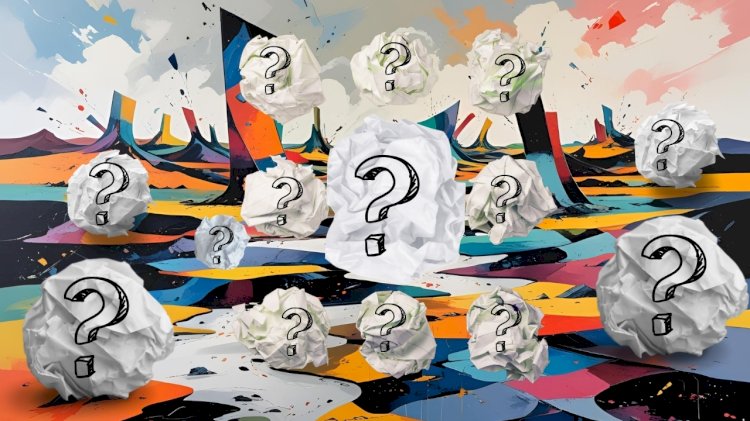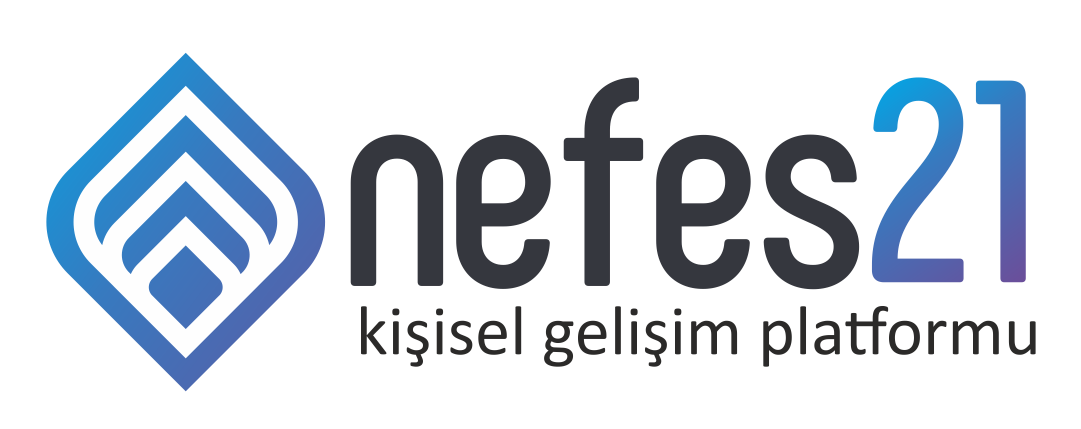Learning from Mistakes: Growing Without Breaking

Life is an opportunity for learning at every moment. Every day, every minute, and even with every breath we take, we experience new things. These experiences are sometimes joyful, sometimes painful. But often, it is these painful moments that teach us the most. Making mistakes is inevitable in the natural flow of life. Sometimes we make small mistakes, sometimes big ones. However, what truly matters is how we perceive those mistakes and how deeply we learn from them.
Most of us get angry with ourselves when we make a mistake, struggling with guilt that eats away inside us. Some see their mistakes as personal failures, questioning their own value and even beginning to feel inadequate. But in reality, a mistake is not a sign of failure—it is part of growth. Making mistakes is a natural consequence of being human. The people who truly grow and develop are those who learn from their mistakes.
Why Are Mistakes Inevitable?
By nature, humans are not perfect. Our thought systems, emotional structures, past experiences, and environmental factors all come together, and sometimes we are simply unable to make the right decisions. That’s why making mistakes is one of the fundamental elements of life. A scientist might fail a thousand times while conducting experiments but could make a groundbreaking discovery on the thousand-and-first attempt. Similarly, an artist may not reach the desired result with their first painting, but through each mistake, they can develop new techniques and create stronger works.
Mistakes actually guide us—they don’t show us what we should do, but rather what we shouldn’t do. It's impossible to fully understand certain truths without experiencing them firsthand. While reading about others' mistakes can be useful, only the mistakes we personally live through have the power to transform us.
Making Peace with Mistakes
The phrase "making peace with mistakes" may not seem easy to many people. In society, making a mistake is often seen as something that leads to exclusion, judgment, and criticism. From childhood, the act of making a mistake has been punished—giving the wrong answer in school was shameful, getting low grades meant failure. Because of this, many people fear making mistakes, avoid taking risks, and thus limit their potential.
But making peace with mistakes means learning to forgive yourself and stop judging. Being kind to yourself, being able to say “This isn’t the end of me” after a mistake, and thinking “I can grow from this experience” transforms you into a more resilient and conscious being. Making peace with your mistakes also means learning to love yourself. Because when someone accepts and forgives their mistakes, they begin to respect themselves more.
How Can We Learn from Mistakes?
Learning from mistakes is not just saying, “I shouldn’t have done that.” Real learning comes from questioning the reasons behind the mistake, reviewing our behaviors, and creating awareness for the future. And here is the most important question you should ask yourself:
“What did this experience teach me?”
This simple but powerful question shifts your focus from judging the past to identifying lessons learned. When you ask yourself this, you might hear answers like:
- “This mistake showed me how harmful it is to rush decisions.”
- “This experience taught me not to work with unreliable people.”
- “This mistake reminded me of the importance of controlling my emotions.”
When you start thinking this way, mistakes no longer feel like burdens—they become opportunities. Past choices illuminate the present; today’s awareness helps shape future plans more consciously.
Practical Steps to Learn from Mistakes
There are some concrete steps you can follow to learn from mistakes. Applying them in daily life supports your psychological well-being and accelerates your personal development:
-
Stop Blaming Yourself Making a mistake doesn’t mean you’re a bad person. Guilt can be a short-term warning mechanism, but if it lasts too long, it harms you. Forgive yourself and think, “Everyone makes mistakes.”
-
Be Aware of Emotional Reactions Don’t suppress feelings of anger, fear, or shame after a mistake. Recognize them, question why you feel that way, and try to gain control over those emotions.
-
Investigate the Causes Analyze why the mistake happened—was it external (due to other people’s influence) or internal (related to your thoughts or emotions)? This analysis will help shape your future behavior.
-
Think Solution-Oriented Instead of dwelling on the past, ask yourself, “What can I do differently next time?” Set new strategies and review your habits.
-
Express Through Writing Keeping a journal or writing down your thoughts about the mistake helps organize your emotions and generate logical solutions.
-
Seek Support from Others Getting support from a trusted friend, family member, or counselor broadens your perspective. Sometimes an outside view is incredibly valuable in understanding complex situations.
The Beauty of Mistakes: Being Human
Society sometimes sends the message, “Be perfect.” It implies that success comes only from flawless behavior. But this is an unrealistic expectation disconnected from real life. Perfectionism causes us to deny our human side. True success lies in facing our flaws and learning from our mistakes.
Mistakes are the clearest proof that we are human. No one can grow or develop without making mistakes. Mistakes shape our character, increase our empathy, and help us approach others with more understanding. A person who has made a mistake better understands others’ mistakes because they have lived through the process themselves.
How to Avoid Costly Mistakes?
Not all mistakes need to be expensive. Some mistakes have small consequences, others large. However, the seriousness of the outcome depends on the attitude taken after the mistake. Here are some key points to ensure your mistakes cause less harm:
-
Avoid Taking Excessive Risks Some mistakes occur due to excessive risk-taking. Intelligent risk-taking is essential for growth, but acting recklessly can lead to serious errors. Always assess risks before making decisions.
-
Don’t Make Decisions Based on Ego Ego can prevent rational thinking. Decisions made with thoughts like “I must prove myself” often contain mistakes. Act by combining logic and emotional balance.
-
Don’t Ignore Your Inner Voice Some mistakes stem from not listening to your inner voice. If there’s an inner warning, pay attention. Your intuition often guides you correctly.
-
Don’t Fail to Learn from the Past Repeating the same mistake is a sign of stagnation. If you’ve made the same mistake before and repeat it, consider changing your behavior.
People Who Grow Through Mistakes
Those who learn from their mistakes are more resilient against life’s challenges. They don’t see life as a harsh judge but as a wise teacher. They don’t give up in the face of mistakes—they draw strength from them. These individuals grow instead of breaking.
To outsiders, they may appear as if they never make mistakes. In reality, they make mistakes just like everyone else—but the difference is how they process them. They turn their mistakes into tools for learning. Over time, they live more conscious, stronger, and freer lives.
Conclusion: Making Peace with Mistakes Is Making Peace with Life
Life is not built on perfection—it’s built on reality. Everything real is beautiful, even with its flaws. Nature itself is not perfect, yet it contains infinite beauty. Likewise, people reach deeper and more authentic existence when they accept their imperfections.
When we make peace with our mistakes, we love ourselves more. And when we love ourselves, we give more love to others. This process is not only individual growth but also social healing. Because more conscious and compassionate people can build a healthier world.
Remember, mistakes do not define you. They are only temporary experiences. What really matters is how deeply you learn from them. If you made a mistake today, don’t see it as an end—see it as a beginning. Because every mistake is a door to learning. And every learning door transforms you into a more conscious, stronger, and wiser person.
“What did this experience teach me?”
That is the question. Finding the answer is the key to growth.
En güncel gelişmelerden hemen haberdar olmak için Telegram kanalımıza katılın!




















